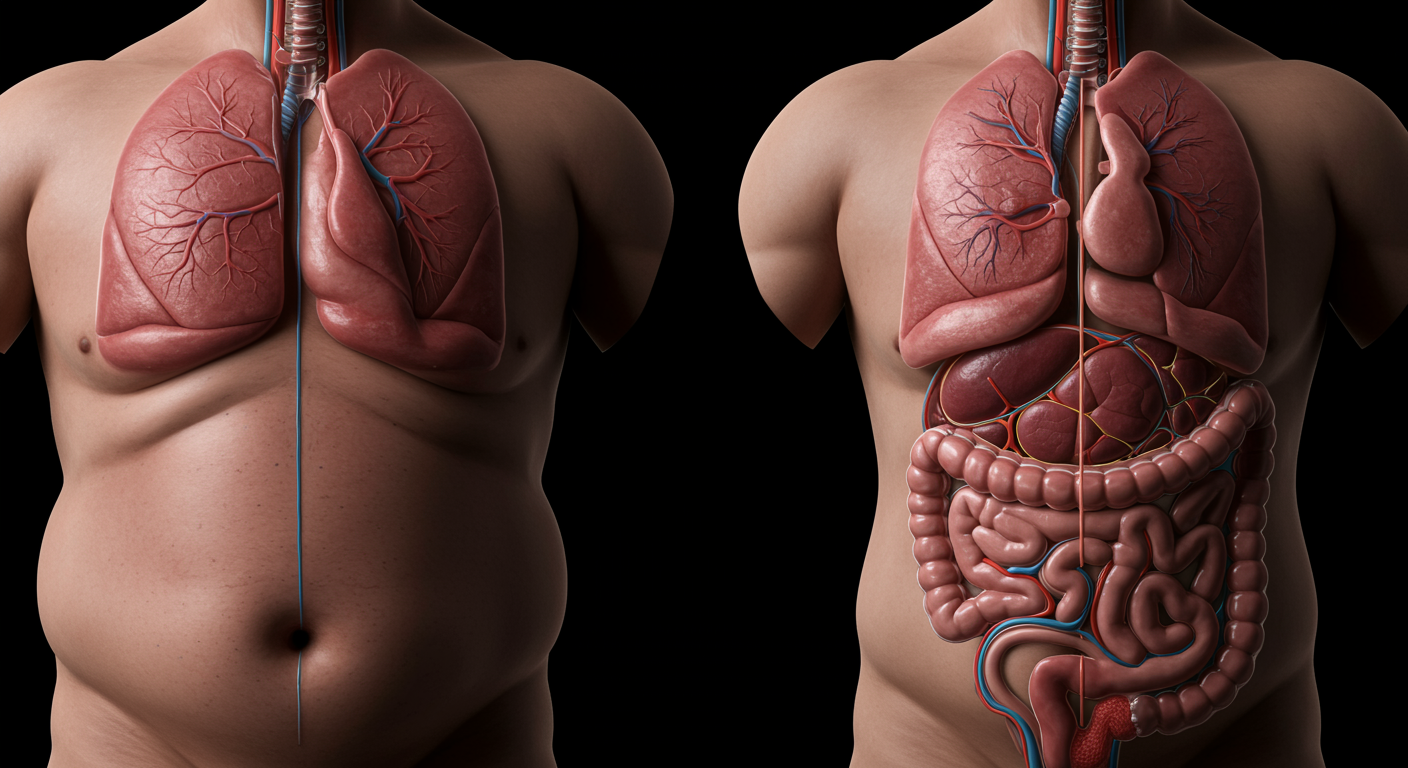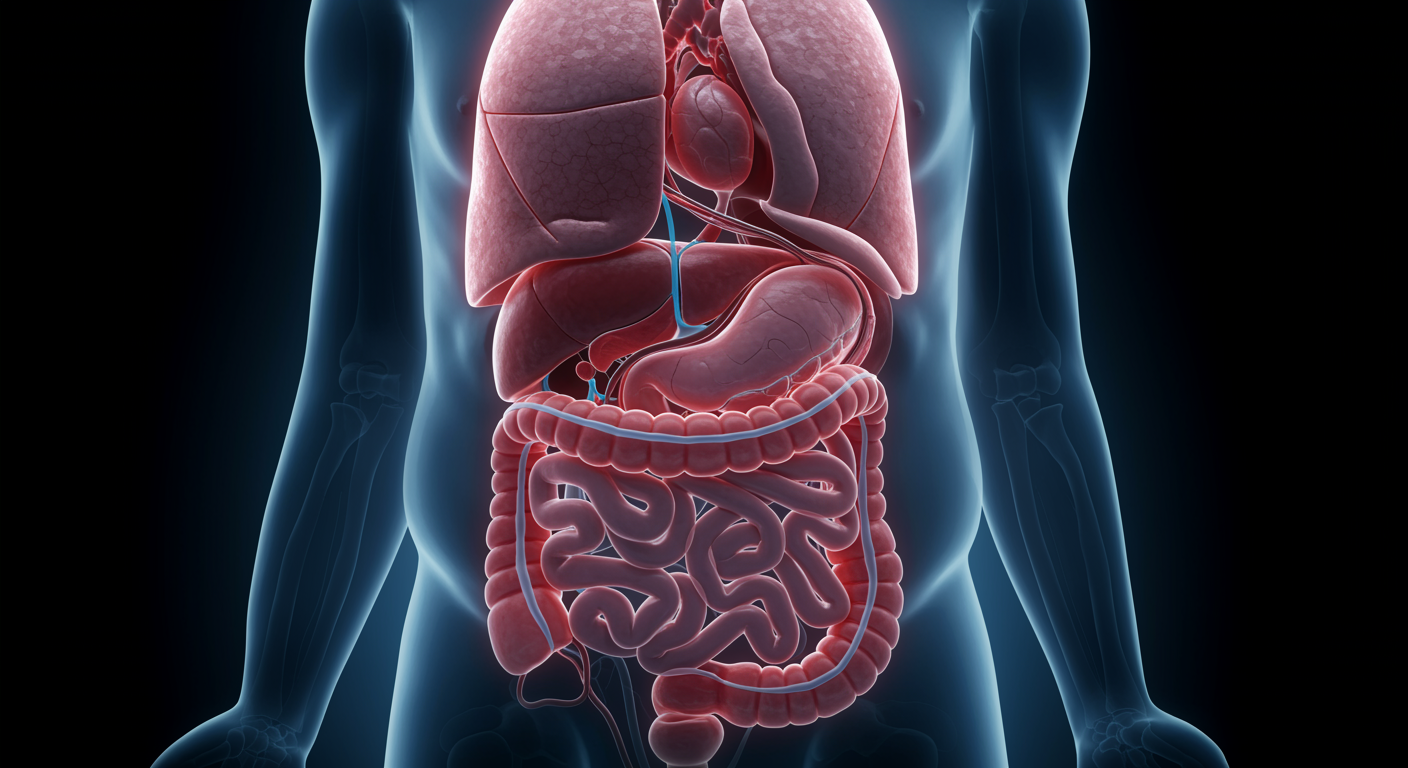How Obesity Compromises the Gastroesophageal Junction
How Does Obesity Compromise the Gastroesophageal Junction?
Obesity poses a significant challenge to esophagogastric junction integrity by increasing intra-abdominal pressure, altering anatomical relationships, and disrupting the normal anti-reflux mechanisms that prevent gastric contents from entering the esophagus. These mechanical and physiological changes create a cascade of effects that progressively weaken the gastroesophageal junction’s ability to maintain an effective barrier against reflux.
Dr. Kumar’s Take
This research explains why obesity is such a powerful risk factor for GERD - it literally changes the anatomy and mechanics of the gastroesophageal junction. The increased abdominal pressure from excess weight acts like a constant squeeze on the stomach, pushing contents upward while simultaneously compromising the very structures designed to prevent reflux. It’s a perfect storm where the problem (increased pressure) overwhelms the solution (anti-reflux mechanisms). Understanding this helps explain why weight loss can be so dramatically effective for GERD patients.



